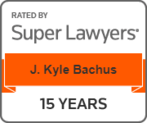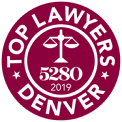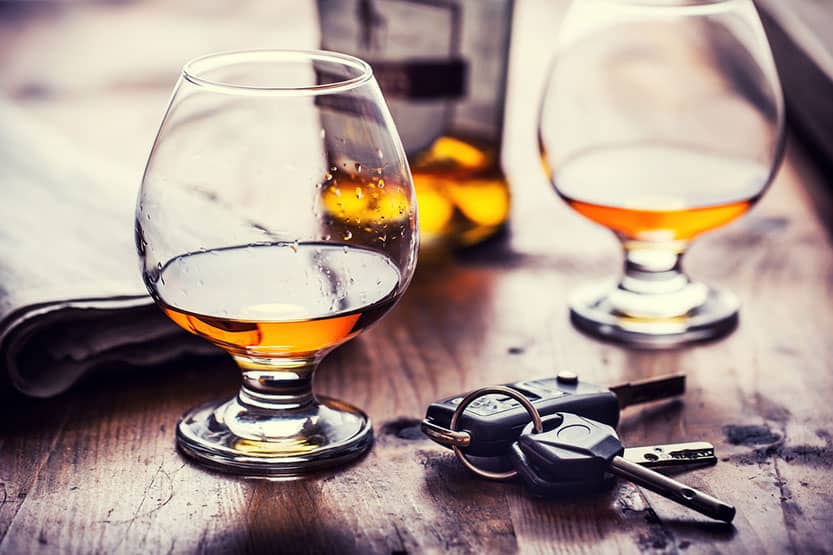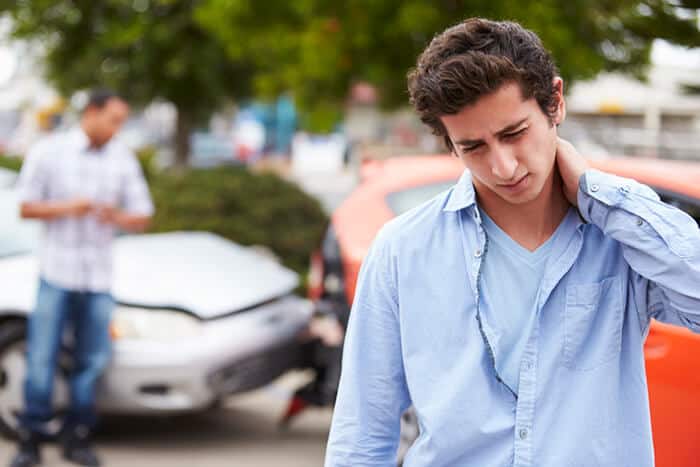Difference Between Buzzed And Drunk Driving?
Buzzed driving is a phrase you might have heard before. Knowing when you’re safe to get behind the wheel is a difficult question. You might wonder if you’re legal to drive when you’re buzzed. You might wonder what buzzed driving is and how to tell if you’re buzzed or drunk. Our drunk driving accident attorneys discuss how to tell the difference and how to protect your rights.
Bachus & Schanker Wins – Over $1 Billion Recovered
- Are You Able To Tell The Difference Between Buzzed And Drunk Driving?
- Is Buzzed And Drunk Driving The Same Thing?
- Is Buzzed Driving Worse Than Drunk Driving?
- Is It Okay To Drive Buzzed In Colorado?
- How To Tell If You're Drunk Or Buzzed
- Tiers Of Drunk Driving In Colorado
- Are You A Buzzed Driver Or A Drunk Driver?
- Can You Drive Buzzed In Colorado?
- Is Buzzed Driving The Same As Driving Drunk?
- How Can The Police Prove Drunk Driving?
- How Long Until It's Safe To Drive After Drinking Too Much?
- Contact Our Colorado Accident Attorneys
- Visit Our Office Locations Across Colorado & Beyond
- Related Car Accident Resources
- You Deserve Fair Compensation
Are You Able To Tell The Difference Between Buzzed And Drunk Driving?
No, you can’t tell the difference between buzzed and drunk driving. The laws don’t differentiate between how you feel after you’ve been drinking. Whether you’re buzzed or drunk, you can be in violation of drunk driving laws. The laws for drinking and driving are based on whether you’re impaired by alcohol and whether you’re over the legal limit. It’s impossible for a person to tell exactly their level of impairment and whether they are buzzed or drunk.
Is Buzzed And Drunk Driving The Same Thing?
Yes, buzzed and drunk driving are the same thing. Any time that alcohol impairs you to any degree, you’re a drunk driver. Even an amount of alcohol that doesn’t put you over the legal limit can be enough to impact your ability to drive. There’s no difference between buzzed and drunk driving as far as the law is concerned. Any time that you’re buzzed enough that it impacts you at all, you’re a drunk driver.
Is Buzzed Driving Worse Than Drunk Driving?
No, buzzed driving is not worse than drunk driving. However, both buzzed driving and drunk driving are a violation of the law. In all states, you’re a drunk driver if your bodily alcohol content is over the legal limit. Whether you feel buzzed or drunk doesn’t matter as long as you’re over the legal limit. In addition, even a small amount of alcohol can be drunk driving if it negatively impacts your ability to drive. Buzzed driving is not worse than drunk driving, but instead, both may be violations of law.
Is It Okay To Drive Buzzed In Colorado?
No, it is not okay to drive buzzed in Colorado. There are two forms of drunk driving in Colorado.[1] The first is drunk driving, which is a bodily alcohol content of .08 or higher or a person substantially incapable of operating a vehicle because of alcohol. The second form of drunk driving in Colorado covers any amount of alcohol as long as it impacts your driving ability in any way. In addition, bodily alcohol content of .05 or higher is presumed buzzed driving and illegal in the State of Colorado. It is not okay to drive buzzed in Colorado because there is a law that prohibits buzzed driving.
How To Tell If You’re Drunk Or Buzzed
It’s impossible to tell if you’re drunk or buzzed because, legally, there’s no difference. In the State of Colorado, both drunk driving and buzzed driving are illegal. Even the slightest impairment or difference in driving because of drinking alcohol is illegal. It doesn’t matter if you’re feeling drunk or buzzed, you can be arrested for drunk driving.
Tiers Of Drunk Driving In Colorado
Colorado law divides drunk driving into two categories. The more serious category is what you might think of as traditional drunk driving. Anytime you have a bodily alcohol content of .08 or more, or you’re substantially incapable of operating a motor vehicle, you’re a drunk driver.
However, Colorado also has a lower tier of drunk driving. The lower tier covers a bodily alcohol content of .05 or more or any time your ability to drive is impaired by any amount. Both types of drunk driving include the possibility of jail time, fines, and other penalties.
Are You A Buzzed Driver Or A Drunk Driver?
There’s no clear way to know whether you’re substantially incapable of operating a motor vehicle or simply impaired by alcohol. That’s a decision for the jury to make. The jury makes that decision based on your conduct, your appearance, and the circumstances of your arrest.
Being substantially incapable of operating a motor vehicle can happen at any level of impairment. You might be over .08 bodily alcohol content, or you might be under that bodily alcohol level. Likewise, being a buzzed driver can occur at any bodily alcohol content. You can be a buzzed driver, even with a bodily alcohol content of .01.
If you’re in an accident, the police and victims of the crash are going to point to any alcohol use as evidence of misconduct. For example, if the accident occurs because you run a red light, and you have a bodily alcohol content at the scene, the police and the other party are most certainly going to say that you ran the red light because you were drinking. Despite questioning the connection between drinking alcohol and your actions, you’re going to have an uphill battle as you try and defend your drinking and your actions. Ultimately, driving buzzed is dangerous for your safety as well as risky behavior for civil and criminal liability. The best bet to protect your own interests under the current state of the law in Colorado is not to drive after drinking, period.
Can You Drive Buzzed In Colorado?
No, you can’t drive buzzed in Colorado. Colorado has a law that prohibits buzzed driving. If you’re responsible for any kind of traffic violation or accident while you have a bodily content, you may face criminal and civil legal battles. Buzzed driving is an example of civil negligence. It’s also a violation of criminal law. You can’t drive buzzed in Colorado without violating civil and criminal laws in the state.
Is Buzzed Driving The Same As Driving Drunk?
Yes, buzzed driving is the same as drunk driving. You may feel different when you’re buzzed versus when you’re drunk, but according to the law, there is no difference between driving buzzed vs. drunk driving. However, knowing the difference between buzzed and drunk driving does have importance, but neither should ever happen.
Driving drunk or driving buzzed will have the same criminal or legal consequence if you got pulled over by a police officer, as state laws adhere to the amount of alcohol in the body to determine buzzed versus drunk driving. If your blood alcohol content exceeds the legal limit of 0.8, you’re technically drunk driving, and even with a blood alcohol content of 0.1, you can still be charged with driving while buzzed.
Regardless, actively participating in buzzed driving and drunk driving should never happen and will lead to severe consequences. Aside from hefty legal fees and criminal charges, buzzed and drunk driving puts everyone on the road at risk. Driving impaired can cause collisions that can be lifechanging and even fatal.
How Can The Police Prove Drunk Driving?
The police will prove drunk or buzzed driving by testing the alcohol content in your body. Colorado has laws against buzzed and drunk driving. Suppose you were stopped for a traffic violation or traffic accident, and you tested positive for having alcohol in your body. In that case, police and the judge will point to the alcohol level in your body as the reason for the traffic violation or accident, even if it’s below the threshold for drunk driving.
Police can prove drunk driving simply by administering a breathalyzer test or performing routine sobriety tests at any traffic stop or violation where it’s assumed that you’ve been drinking. In Colorado, and all of the 50 states in the United States, there are laws that define drunk driving as a blood alcohol content over 0.8.
Other states, like Colorado, have little to zero tolerance for buzzed driving which can be a blood alcohol content as small as 0.1. Keep in mind that the appropriate amount of drinks before reaching the 0.8 blood alcohol content limit will change based on characteristics like weight and sex. Be sure that when you go out to drink, you are aware of your limitations and drink responsibly.
How Long Until It’s Safe To Drive After Drinking Too Much?
Generally, as long as you’re planning to drink, you should put a plan into place that’ll get you safely home that does not involve you getting behind the wheel. Calling a friend for a ride, taking an Uber, or staying at a friend’s house are all options to be considered before driving after drinking. Additionally, making sure you have a designated driver who will not be drinking is a perfect way to ensure your safety and eliminate any potential of driving buzzed or drunk.
If these options aren’t available to you, following the one-hour per drink rule will be your next best option for avoiding buzzed or drunk driving. This rule consists of drinking only one drink an hour. Ideally, you will want to wait an hour between each drink. You have to stay at a safer level of blood alcohol content. For example, if you have two glasses of wine back to back, you will need to wait at least two hours before even thinking about getting behind the wheel.
Regardless of which avenue you decide to take to avoid driving drunk or buzzed, always opt for the option that will ensure that you or a loved one are not getting behind the wheel after drinking of any kind.
Contact Our Colorado Accident Attorneys
Have you been hurt by a buzzed driver? Our Denver drunk driving accident lawyers can help you understand your rights. Any time you’re hurt by a driver that has been drinking, you may deserve financial compensation. Proving buzzed driving or drunk driving can be a difficult task. Let us help you take the right steps and gather the evidence to prove buzzed driving and win your case. Call Bachus & Schanker, LLC for your free consultation.
Visit Our Office Locations Across Colorado & Beyond
Serving Clients Nationwide
Related Car Accident Resources
You Deserve Fair Compensation
Don’t let the insurance companies intimidate you into accepting less than you deserve. We’re ready to fight for you.











